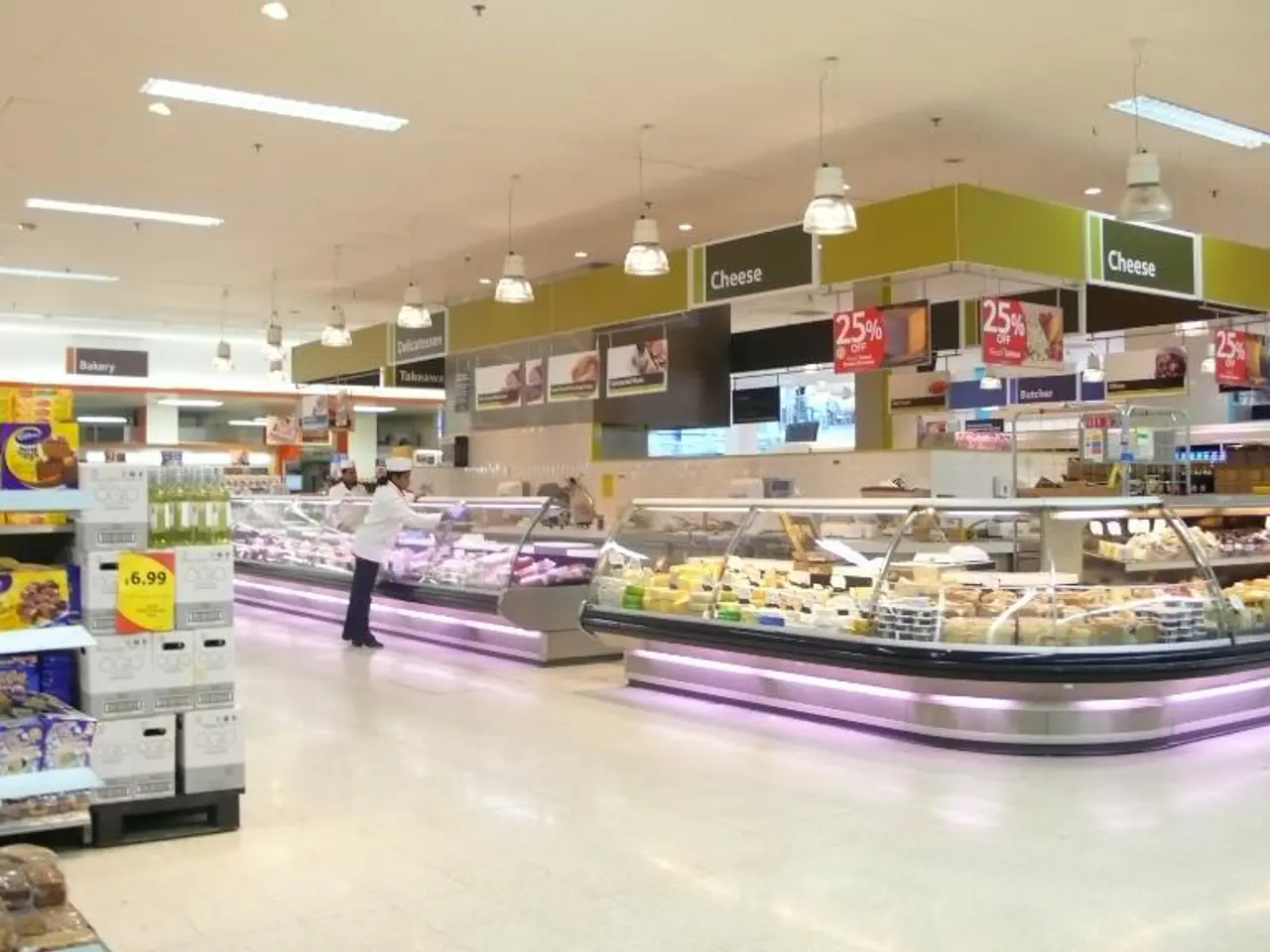The market for Kraft Lignin is projected to increase at a rate of 7.2% each year until 2034.
In the ever-evolving world of sustainable materials, kraft lignin has emerged as a significant player, particularly in the adhesives market where it commanded a 31.3% share in 2024. This biodegradable and less toxic alternative has found favour in wood products and construction industries worldwide.
The global kraft lignin market, valued at approximately USD 1.7 billion in 2024, is projected to grow substantially, reaching an estimated USD 3.4 billion by 2034, achieving a Compound Annual Growth Rate (CAGR) of 7.2% during the forecast period from 2025 to 2034.
Softwood holds a dominant 57.1% share of the kraft lignin market, with major production facilities like Stora Enso's Sunila mill in Finland producing 50,000 metric tons yearly. Notable players such as Rayonier Advanced Materials, Domtar, and Resolute are scaling up lignin production for bio-based chemicals and materials.
The construction sector, with a 34.6% share, is a significant consumer of kraft lignin. Improving workability, reducing water usage, and enhancing strength in cement-based materials are some of its key benefits. Kraft lignin also acts as a binder and dispersant in fertilizers and pesticides, contributing to more efficient nutrient delivery and reduced environmental impact.
Praj Industries has made strides in developing lignin-based bio-bitumen, successfully replacing up to 15% of conventional bitumen in road construction. The government also permits up to 35% lignin integration in petroleum-based bitumen.
In India, government initiatives like 'Make in India' are promoting lignin use. The North American market, accounting for approximately 48.2% of the global kraft lignin market in 2024, is expected to maintain its leading position, with a regional value estimated at USD 0.8 billion in 2025.
Södra's upcoming facility in Sweden, set to begin operations in 2027, is expected to become the world's largest kraft lignin production site. The increasing demand for sustainable materials, technological advancements, renewable energy and bioproducts, and supportive government and environmental policies are all potential factors contributing to the growth of the kraft lignin market.
In the automotive and aerospace industries, lignin-based carbon fibers are being used to reduce vehicle weight and improve fuel efficiency. Borregaard continues to lead in lignin-based innovations, focusing on sustainable alternatives to fossil-based materials. Nippon Paper is investing in lignin-based carbon materials for batteries and energy storage.
As the world continues to prioritise sustainability, the kraft lignin market is poised for significant growth, offering a promising future for eco-friendly materials in various industries.








